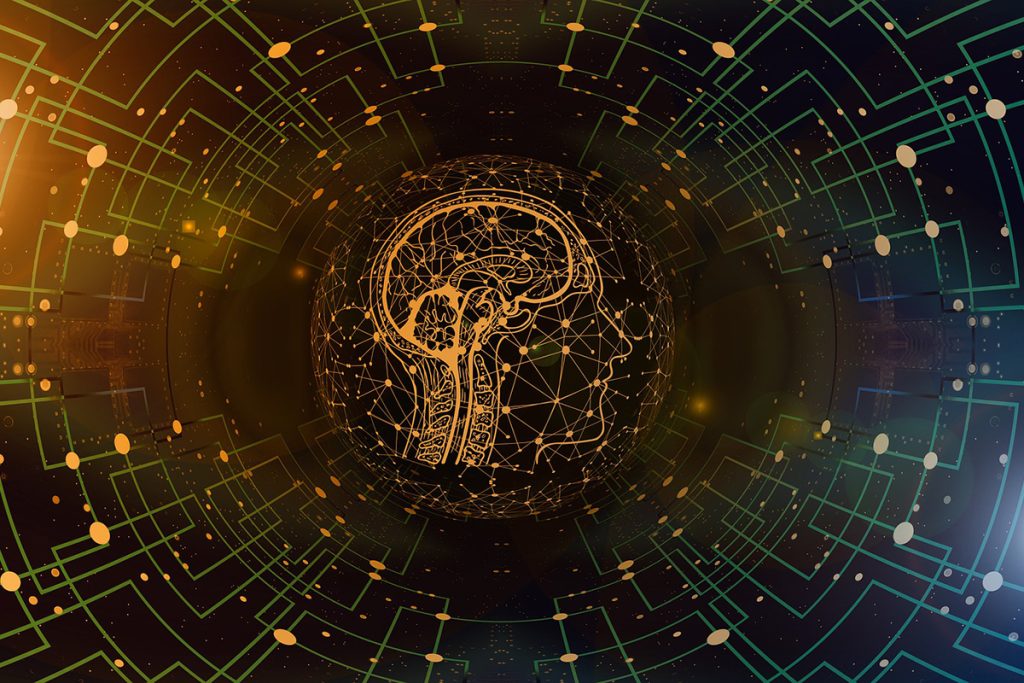In an era marked by rapid technological advancements, the integration of artificial intelligence (AI) into the realm of warfare has raised complex ethical questions. The development of autonomous weapons, guided by AI algorithms, has brought to the forefront concerns about the morality, legality, and potential consequences of deploying machines to make life-and-death decisions on the battlefield. This article delves into the ethical implications of AI-powered autonomous weapons, exploring key issues and arguments surrounding their use.
The Rise of Autonomous Weapons

The concept of autonomous weapons is not new, but recent advancements in AI and machine learning have made them more feasible than ever before. These weapons can range from unmanned drones with AI-guided targeting systems to fully autonomous robots capable of identifying and engaging targets without human intervention. Proponents argue that such weapons can reduce human casualties and increase precision in warfare, but critics are quick to highlight the ethical dilemmas they present.
The Moral Quandary
One of the central ethical concerns surrounding AI-powered autonomous weapons is the moral responsibility for their actions. When machines are entrusted with making life-or-death decisions, who bears the moral burden for the consequences? Human operators, manufacturers, or the AI itself? This question underscores the need for a clear framework of accountability and raises doubts about the ability of AI to adhere to ethical norms in the chaotic and unpredictable nature of armed conflict.
The Risk of Automation Bias
Another pressing ethical issue is the potential for automation bias. Automation bias refers to the tendency of humans to unquestioningly trust AI systems, even when they make errors or engage in unethical actions. In the context of autonomous weapons, this bias could lead to an overreliance on AI decision-making, potentially resulting in catastrophic mistakes or unintended casualties.
The Lack of Human Judgment

Human judgment, influenced by emotions, ethics, and context, plays a crucial role in making decisions during armed conflicts. AI, on the other hand, lacks the ability to comprehend the complexities of human suffering, cultural sensitivities, or the nuances of conflict resolution. This raises concerns about the indiscriminate use of force and the potential for AI-driven weapons to exacerbate conflicts rather than resolve them.
The Legality Question
Ethical considerations also intersect with international law. Many argue that deploying fully autonomous weapons may violate the principles of distinction and proportionality, which are fundamental to the laws of armed conflict. Ensuring that AI-driven weapons adhere to these principles and comply with international treaties and conventions poses a significant challenge.
The Arms Race Dilemma
The proliferation of AI-powered autonomous weapons could lead to a dangerous global arms race. As nations race to develop and deploy these technologies, the risk of conflict escalation and unintended consequences rises. The ethical dilemma here is whether responsible limitations should be imposed on the development and use of such weapons to mitigate these risks.
The Need for Ethical Frameworks
Addressing the ethical concerns surrounding AI and autonomous weapons requires the development of robust ethical frameworks and guidelines. These frameworks should encompass principles of transparency, accountability, human oversight, and adherence to international laws. Moreover, involving a diverse group of stakeholders, including ethicists, military experts, and policymakers, is essential to ensure a comprehensive approach to ethical AI weapon development. The integration of AI into warfare introduces profound ethical challenges, especially when it comes to autonomous weapons. The moral responsibility for their actions, the risk of automation bias, the lack of human judgment, the legality question, and the potential arms race all demand careful consideration. As technology advances, it is crucial for society to engage in meaningful dialogue and establish ethical norms to govern the use of AI-powered autonomous weapons, striking a balance between security interests and ethical principles.


Leave a Reply